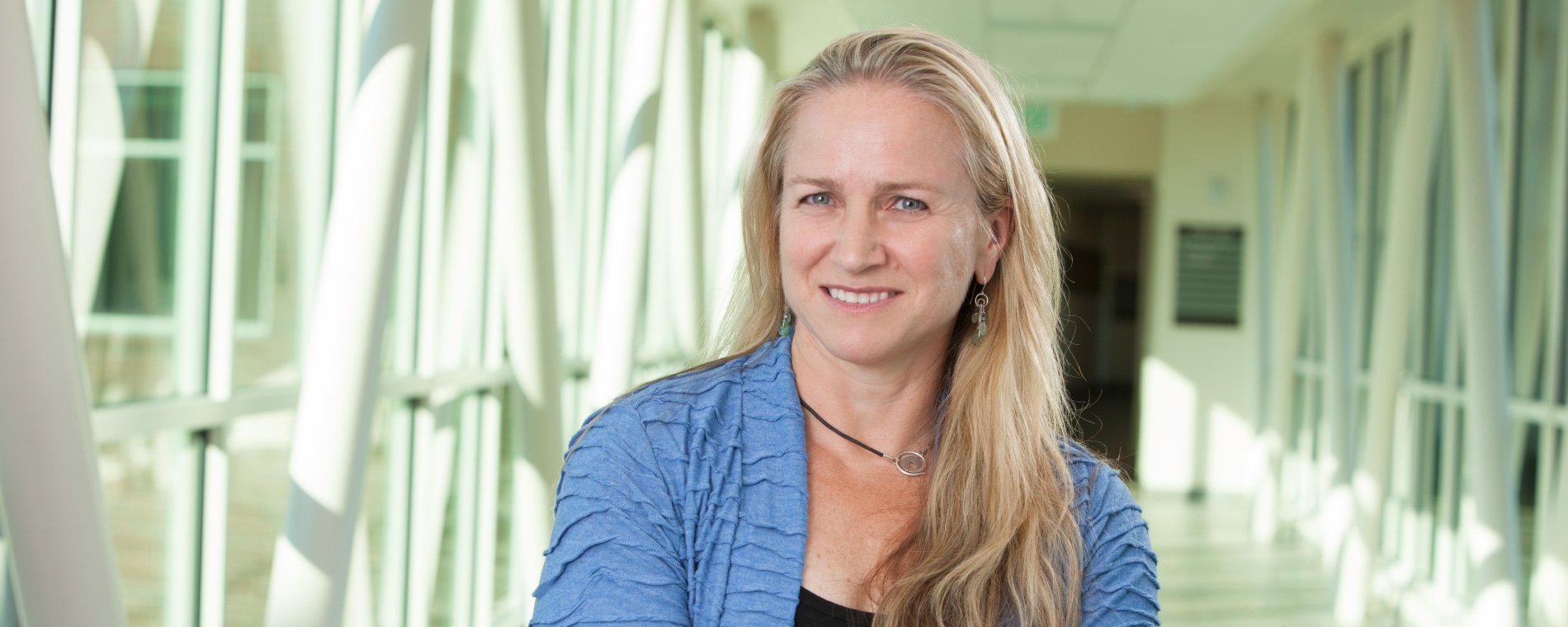When Dianne Burch meets with her oncology care team at Willamette Valley Cancer Institute, she hopes for good news. Diagnosed with ovarian cancer in 2017, Dianne is participating in a clinical research trial aimed at keeping her cancer in remission.
“When I was told I was a good candidate for a clinical trial, I thought, ‘Why not?’ And, if my participation will help someone else down the road, that is certainly something that I want to be involved with,” Dianne says.
Dr. Charles Anderson, who leads WVCI’s gynecologic cancer research team, says that clinical trials have identified multiple therapies over the last several years that are proving effective in treating gynecologic cancers, particularly ovarian cancer.
“There has been several FDA approvals, mainly in the class of drugs called PARP inhibitors,” he says.
What are PARP inhibitors?
When cancer cells are damaged by chemotherapy, they require an enzyme called PARP to repair themselves. PARP inhibitors block that enzyme, causing the cancer cells to die.
PARP inhibitors fight cancers caused by mutations in BRCA1 and BRCA2 genes, which account for about 20 to 25-percent of hereditary breast cancers and 15-percent of ovarian cancers. These drugs have also been shown to be effective in treating somatic mutations, those that reside inside the tumor and may not be genetically inherited.
“The combination of drugs that we’re looking at now are very likely to extend the life of many patients who, historically, would have succumb to their disease within 3-5 years,” says Dr. Anderson. “They will now likely still be alive at that 10 year mark, and we’re already starting to see that.”
Immunotherapies
Ovarian cancer is a tricky disease, because it can become resistant to initial treatments and recur. Immunotherapies may play a pivotal role in preventing or slowing cancers from coming back.
“I think the changing landscape of immunotherapies is where all of this is going to be headed,” Dr. Anderson says. “Because the most effective and dynamic weapon that we have against cancer, in general, is your own immune system.”
Paving the way for others
Participating in a clinical trial has given Dianne more options, as well as hope—hope that she’s not only helping herself but also other patients down the line who will benefit from this research.
“When I was diagnosed, I didn’t think I’d have a year or two to live and now, everything is changing. And, this is bigger than me—it’s way bigger—and what’s being learned from these trials will take us into the future,” she says.
Learn more about clinical trials
Through its affiliation with the US Oncology Network, Willamette Valley Cancer Institute is able to offer patients local access to national and global clinical trials. Not every patient qualifies for a clinical trial, and not every trial drug works for every patient enrolled in a study, but those who participate are the first to benefit when the treatment is effective. Click here to learn more.



